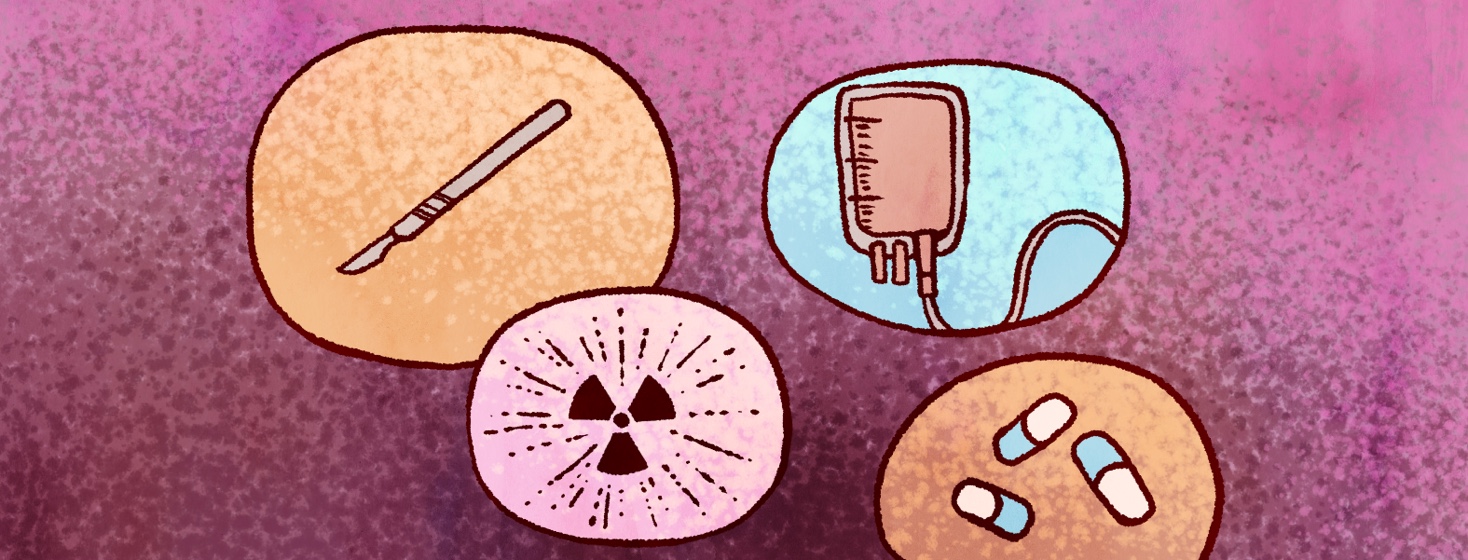A Brief History of Prostate Cancer Treatment
The first case of prostate cancer was discovered in 1853 by J. Adams, a surgeon in London. In his report, the surgeon noted that it was “a very rare disease.”1
These days, prostate cancer is not uncommon. In fact, after skin cancer, prostate cancer is now the most common cancer in American men. In 2020, there will be around 191,930 men diagnosed with prostate cancer.2
Treatment for prostate cancer has evolved over time. Surgery, radiation, and hormone therapy are among the options. The options vary depending upon whether the cancer is only in the prostate gland or has spread to lymph nodes or other organs.3
The first treatments arrive: a history
1904: The first operation to surgically remove a man’s prostate gland, which is called a prostatectomy, was performed at Johns Hopkins Hospital by Hugh Hampton Young, MD1.
1913: Doctors began to directly implant radium into the prostate to treat cancer.
1947: Doctors began to use a different surgical technique to remove the prostate gland.
1962: Megavoltage radiation was used to treat prostate cancer. The treatment was for men whose cancer had not spread beyond the prostate gland.
1960s-1980s: Hormone treatments that block the production of male sex hormones, called androgens, were developed. Doctors had learned that these hormones can be responsible for causing prostate cancer to grow.1
1997: It became standard treatment to combine radiation and hormone therapy to treat prostate cancer.
A grading system for prostate cancer
In 1966, the Gleason grading system was developed to help doctors and patients understand if prostate cancer is low-risk, intermediate-risk, or high-risk. The scores indicate:4
- Low-risk: Gleason score of 6 or below
- Intermediate-risk: Gleason score of around 7
- High-risk: Gleason score of 8 or above
Different forms of hormone therapy
There are several types of hormone therapy. In one kind, a man takes a drug that lowers the amount of testosterone, a male sex hormone, that is produced by the testicles. Another type of hormone therapy can block the formation of male sex hormones that are made in other parts of the body. Yet another type of hormone therapy uses certain drugs that can keep the male sex hormones from causing tumor growth.5
How treatments have evolved
The way that prostate removal surgery is performed has changed over the years. In 2000, the first robot-assisted surgery to remove the prostate gland was performed. This robot-assisted operation is more precise and lets the surgeon see the prostate in 3D. It uses robotic technology and requires many tiny incisions rather than one large one.6
In 2010, sipuleucel-T (Provenge® ), the first anticancer vaccine, was approved by the U.S. Food and Drug Administration (FDA). It greatly improved the survival rate for men whose prostate cancer had spread.7
This vaccine is a form of immunotherapy, a type of treatment that uses the person’s own immune system to help destroy cancerous cells. A second FDA-approved immunotherapy option is pembrolizumab (Keytruda®).7
In 2020, two new treatments for advanced prostate cancer therapy were approved by the FDA. Both rucaparib (Rubraca®) and olaparib (Lynparza®) are meant to be taken by men whose prostate cancer does not respond to hormone therapy.8
Some men with prostate cancer can benefit from high-intensity-focused ultrasound. This uses high-energy sound waves to destroy cancer cells. Another treatment is called proton-beam radiation therapy. It uses tiny particles called protons to target the cancer.9
Higher cure rates
The overall five-year relative survival rate for prostate cancer is now 90 percent. This means that men who have prostate cancer are as likely as men who do not have prostate cancer to live for at least five years after their diagnosis. Plus, the rate is close to 100 percent for men whose cancer has not spread or has only spread to nearby organs.10

Join the conversation